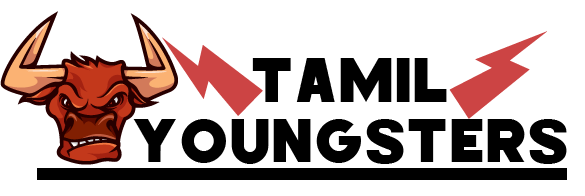Project Titles with Abstract for Computer Science - TamilYoungsters
MAIL SERVER DEVELOPMENT
1. INTRODUCTION
The project titled “Mail
server development” is designed using Active Server Pages .NET with
Microsoft Visual Studio.Net 2005 as front end and Microsoft SQL Server 2000 as
back end which works in .Net framework
version 2.0. The coding
language
used is C# .Net.
This project includes an exclusive mail management system. It is
designed to receive mails sent by others inside an organization as well as sent
mails to other persons in the organization. It includes methods to delete
unwanted mails received. It maintains the history of mails sent to other
persons. All the features are included in this project allowing users to
extensively manage their mails both incoming and outgoing in a particular
organization. Efficient communication between persons in the organization is
thus maintained effectively.
HBA: Distributed Metadata Management forLarge Cluster-Based Storage Systems
Introduction
To create metadata of
all the files in the network and finds a particular file using a search engine
in fast and easy. Rapid advances in general-purpose communication networks have
motivated the employment of inexpensive components to build competitive
cluster-based storage solutions to meet the increasing demand of scalable
computing. In the recent years, the bandwidth of these networks has been
increased by two orders of magnitude. , which greatly narrows the performance
gap between them and the dedicated networks used in commercial storage systems.
Since all I/O requests can be classified into two categories, that is, user
data requests and metadata requests, the scalability of accessing both data and
metadata has to be carefully maintained to avoid any potential performance
bottleneck along all data paths. This paper proposes a novel scheme, called
Hierarchical Bloom Filter Arrays (HBA), to evenly distribute the tasks of
metadata management to a group of MSs. A Bloom filter (BF) is a succinct data
structure for probabilistic membership query.
A straightforward extension of
the BF approach to decentralizing metadata management onto multiple MSs is to
use an array of BFs on each MS. The metadata of each file is stored on some MS,
called the home MS.
Modules
1. Login
2. Finding Network Computers
3. Meta Data Creation
4. Searching Files
FLEXIBLE ROLLBACK RECOVERY IN DYNAMIC
HETEROGENIOUS GRID COMPUTING
1. INTRODUCTION
This project presents
two fault-tolerance mechanisms called Theft-Induced Check pointing and
Systematic event logging. These are transparent protocols capable of overcoming
problems associated with both begin faults, i.e., crash faults, and node or
subnet volatility.
Specifically, the protocols base the state of the execution
on a dataflow graph, allowing for efficient recovery in dynamic heterogeneous
systems as well as multithreaded applications. By allowing recovery even under
different numbers of processors, the approaches are especially suitable for
applications with a need for adaptive or reactionary configuration control.
The
low-cost protocols offer the capability of controlling or bounding the
overhead. A formal cost model is presented, followed by an experimental evaluation.
It is shown that the overhead of the protocol is very small, and the maximum
work lost by a crashed process is small and bounded.
